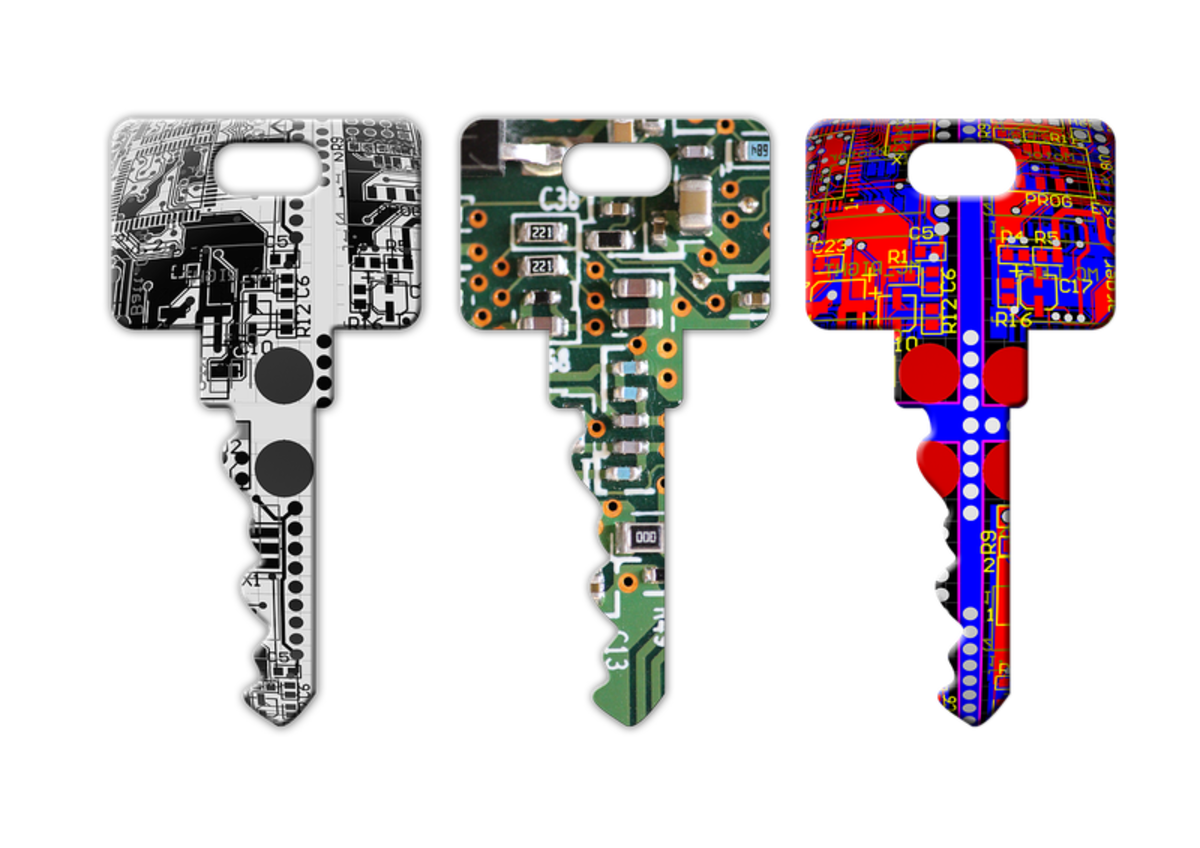
Andrew Poelstra is a mathematician at Blockstream and was recently part of a panel discussion on improvements for Bitcoin at the 2016 MIT Bitcoin Expo. During the panel, Poelstra discussed Confidential Transactions, which is a privacy-enhancing feature he has been working on with Blockstream co-founders and Bitcoin Core contributors Greg Maxwell and Pieter Wuille.
One of the main reasons Blockstream is working on Confidential Transactions is to preserve the censorship-resistant properties of Bitcoin and other blockchains.
Scalability Is Not the Only Problem with Bitcoin
Although scalability solutions have been a major area of contention lately, Poelstra understands this is not the only real problem. During his recent appearance at the MIT Bitcoin Expo, Poelstra pointed out the issues related to the public nature of Bitcoin transactions:
“Lately, we’ve been talking about scaling and centralization, but that’s not the only problem with Bitcoin. This one may be a bit attractable, which is that all transactions are public and all of the information in all the transactions are public. This allows a lot of analysis to happen . . . [People] can infer a lot about transactions just from the amounts and also the shape of the transactions.”
Indeed, there are a number of different startups working to deanonymize the Bitcoin blockchain every day. In the past, Stash co-founder and Open Transactions creator Chris Odom has stated these companies could go out of business as more privacy-enhancing features are enabled on the blockchain.
Centralization of Mining Threatens Censorship Resistance
At the core of Bitcoin’s value proposition is censorship resistance. Bitcoin has value because it can be used to complete transactions that are likely to be censored on other payment networks. Andrew Poelstra is committed to preserving this aspect of the technology.
The centralization of mining is one of the current weak points in Bitcoin due to the attack vector opened up when the people who are processing transactions can possibly identify transactions they or regulators don’t like. Poelstra hit on this point during the panel discussion at the MIT Bitcoin Expo:
“One reason we’re worried about the centralization of mining is that miners are, sort of, gatekeepers to what transactions can go in the blockchain and what can’t.”
This desire to weaken the negative effects of Bitcoin mining centralization is what pushes Poelstra and others to work on Confidential Transactions. With Confidential Transactions, privacy is improved by cryptographically masking the amounts associated with Bitcoin transactions. When this privacy-enhancing feature is used, onlookers are unlikely to be able to figure out which addresses are change addresses, which means it’s difficult to tell which Bitcoin address is receiving a payment.
Confidential Transactions Can Help
CoinJoin, originally proposed by Greg Maxwell, has been around since 2013, but there are still some major issues with the privacy-focused tool. Poelstra mentioned how Confidential Transactions can improve CoinJoin during the panel discussion:
“It’s very difficult to do a CoinJoin in a way that improves privacy, and it’s also very difficult to measure how much privacy we get. By hiding amounts, we allow combining transactions in a way that we no longer have this clear correlation. [With Confidential Transactions], I have a couple of outputs, Mark has a couple of outputs, and nobody can see the amounts. When we put them together, now it’s just a pile of outputs with no one else associated.”
Keeping scalability in mind, Blockstream has been focused on making Confidential Transactions as efficient as possible. When Confidential Transactions is combined with CoinJoin, it becomes much more difficult to censor transactions as a miner because there is more difficulty associated with identifying the individuals behind specific transactions.
Kyle Torpey is a freelance journalist who has been following Bitcoin since 2011. His work has been featured on VICE Motherboard, Business Insider, NASDAQ, RT’s Keiser Report and many other media outlets. You can follow @kyletorpey on Twitter.










